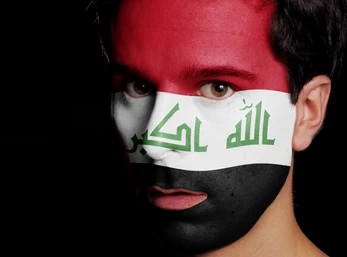10 Things You Are Not Allowed to Do in Iraq

Iraq is a country of ancient civilizations, remarkable cultural heritage, and resilient people. However, its laws and customs, deeply rooted in tradition and religion, can differ significantly from what many visitors are accustomed to. To avoid legal issues or offending locals, here are ten things you are not allowed to do in Iraq:
1. Consuming Alcohol in Public
While alcohol is not outright banned in Iraq, public consumption is strictly prohibited. Drinking in public places can lead to fines or arrests. Alcohol is only available in licensed establishments or for private consumption.
2. Disrespecting Religion
Islam is the predominant religion in Iraq, and disrespecting Islamic practices, symbols, or beliefs is a serious offense. This includes speaking negatively about religion, disrupting prayers, or mishandling religious texts like the Quran.
3. Public Displays of Affection
Iraq has conservative social norms, and public displays of affection between men and women, such as hugging or kissing, are not acceptable. Even holding hands may be frowned upon in certain areas.
4. Photographing Restricted Areas
Taking photos of military sites, government buildings, or critical infrastructure is strictly forbidden. Unauthorized photography in these areas can lead to accusations of espionage or arrest. Always seek permission before taking photos of people or places.
5. Dressing Inappropriately
Modest dress is expected in Iraq, especially for women. Women should wear clothing that covers their arms and legs, and a headscarf may be required in some religious or conservative areas. Men should also avoid wearing shorts or sleeveless shirts in public.
6. Eating in Public During Ramadan
During the holy month of Ramadan, eating, drinking, or smoking in public during daylight hours is considered disrespectful and may lead to penalties. Travelers should respect this custom, even if they are not fasting.
7. Criticizing the Government or Leaders
Criticism of the Iraqi government, its leaders, or the country’s institutions is a sensitive subject. Publicly expressing dissent, whether in conversation or on social media, can result in fines or imprisonment.
8. Engaging in LGBTQ+ Activities
Homosexuality is not legally recognized in Iraq, and LGBTQ+ individuals face significant discrimination and risks. Public expressions of LGBTQ+ identity or advocacy for LGBTQ+ rights are considered taboo and can lead to legal or social repercussions.
9. Using or Trafficking Drugs
Drug possession, use, or trafficking is strictly prohibited in Iraq and carries severe penalties, including lengthy prison sentences or even the death penalty. Travelers should exercise caution with medications and ensure they comply with local regulations.
10. Disrespecting Local Customs and Traditions
Iraq has a rich tapestry of cultural traditions, and showing disrespect toward them can offend locals. This includes gestures such as pointing with your feet, touching someone’s head, or refusing hospitality. Understanding and adhering to local etiquette is key to building positive interactions.
Iraq is a country with deep cultural and historical significance, but it also has strict laws and customs that travelers must respect. By being mindful of these rules, visitors can enjoy the beauty and history of Iraq while ensuring a safe and respectful journey.




